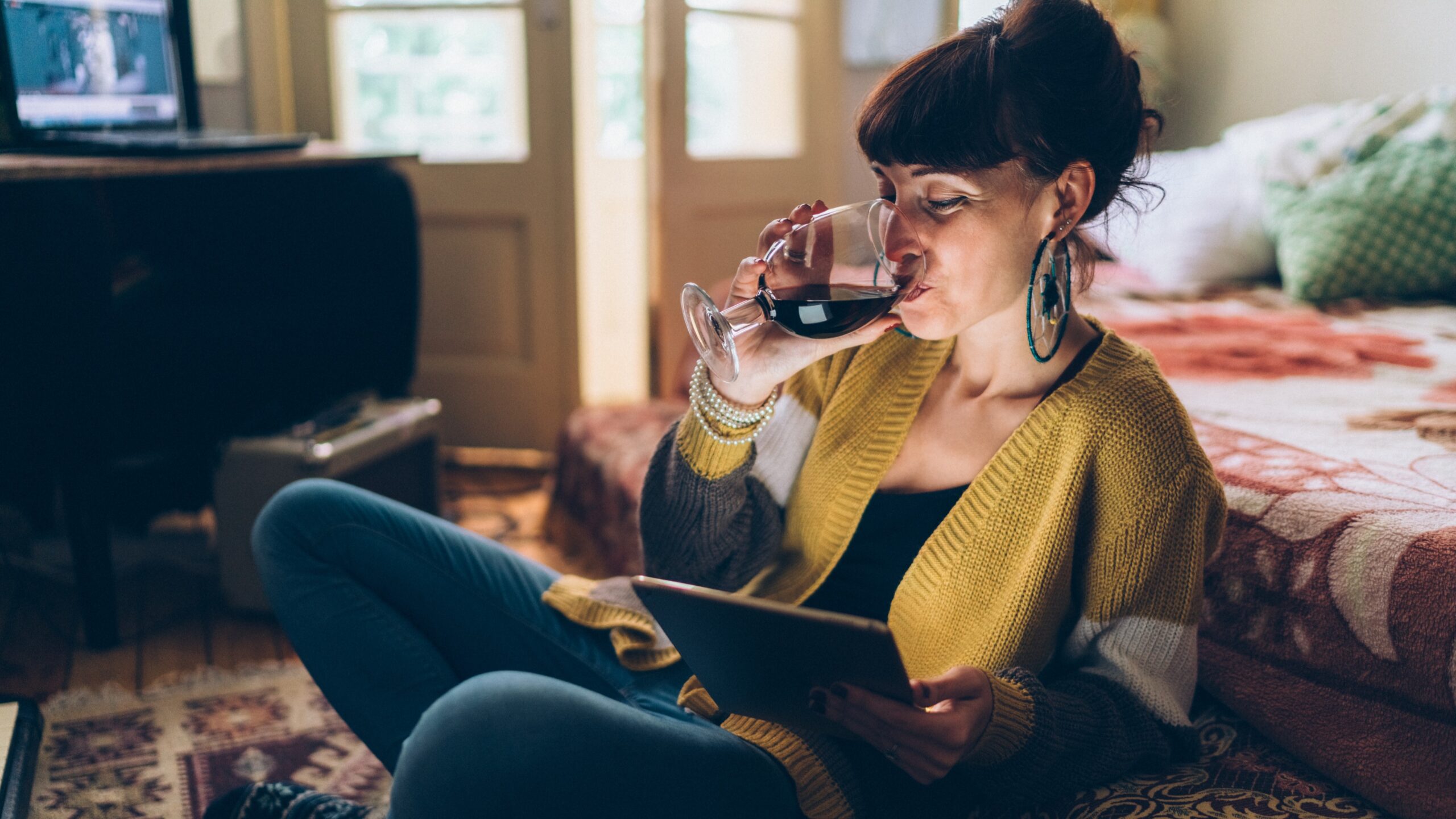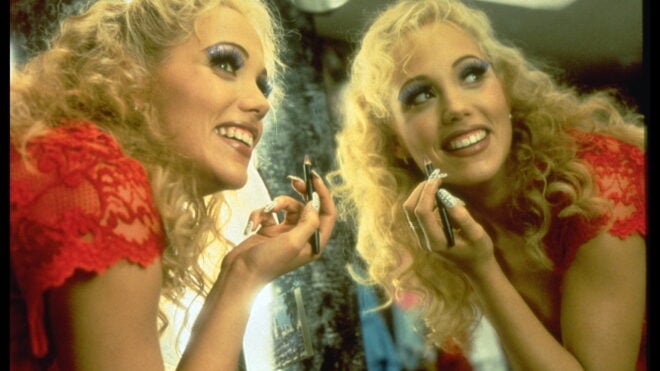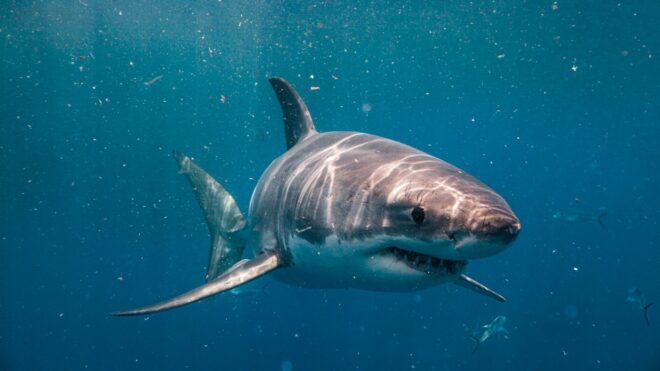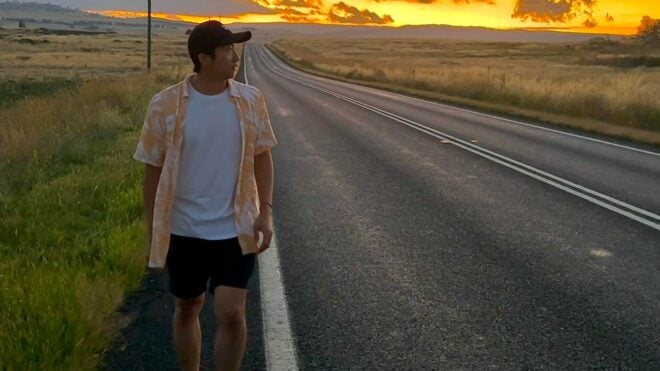
A few months ago, I started listening to a new podcast. It came highly recommended by a friend who had been trying to simply pay more attention to her alcohol consumption. This was something I had been trying to do as well, but though I had gotten fairly good at noticing my patterns with alcohol, like the times I tend to sip a little quicker, or wind up drinking too much, breaking those patterns was another story.
I had such a hard time taking breaks from drinking or stopping drinking when I knew I really should. That was something I really wanted to change. But no matter what I did, I always seemed to fall back into going through periods of time when I was drinking more than I knew was good for me.
The podcast, called This Naked Mind, was exactly what I needed. In it, host Annie Grace explores our relationship with alcohol. But she does it through a purely informational and nonjudgmental lens. She's not telling everyone to give up drinking altogether. But she relies on the facts about how alcohol is, on its own, pretty addictive, therefore the dangers of it aren't only for a certain group of people. There's actually a lot of super-normalized harm in regular alcohol consumption.
I started listening to the podcast each day when I went on my long walks instead of listening to music. At first, I really hated how true I knew it all was. Annie interviews experts and other people who have gone through struggles with alcohol abuse. Through it, she examines what alcohol dependence looks like. Truthfully, I realized that it can look like a lot of different things.
Annie's story is really interesting because it's one we don't talk about that often, but it looks like a lot of people's dependency on alcohol. She wasn't doing anything wild or out of control. But she was definitely relying on her nightly wine in a way that didn't make her feel good. Eventually, she says she hit a wall when she knew she was destroying her life. Still, it was subtle. She didn't crash her car or do anything super destructive. She just knew she needed to make a change, simply to feel better and start enjoying a life that wasn't dictated by her next drink.
That resonated.
It resonated hard. Because, personally, I always crave my nightly wine, but sometimes I wonder if it's all just habit (or an addiction) that I just can't steer myself away from. Am I enjoying my nightly wine like I think I am, or do I just need it because it's what I've gotten so used to doing? Is it actually adding anything good to my life, or is it just the thing that's always there for me when I think I need it? These are all questions I started asking myself while listening to the podcast.
Annie doesn't tell everyone that they need to stop drinking. But she wants people to examine how dependent they might be on alcohol. With that in mind, she encourages people to go sober for 30 days as part of an experiment. I'm always up for exploring my habits and patterns and simply finding something that feels good. So I decided to give it a try. It didn't hurt that I knew I had been sipping a little more heavily lately and I was feeling absolutely ready for a sober month.
The first couple of nights were fairly easy. But by the third night, of course I was jonesing for my glass — OK, goblet — of wine. I told myself that the wine was just an ingrained habit, that it wasn't going to actually make my night any better, and I'd be pretty upset with myself if I couldn't make it through. Plus, I really wanted to experience how 30 days sober felt. It had been years since I'd gone a month without drinking.
The next night, I bought some really delicious nonalcoholic drinks. Kombuchas and fizzy waters. All kinds of things that I could crack open in the evening that would feel like a special treat. No, it wasn't exactly the same as a glass of wine, but it did make me feel good to have something yummy to sip on.
Within about a week or so, I started to realize that my craving for alcohol had majorly calmed down. That was a huge revelation. It was also something that Annie talked about a lot on the podcast, how the pattern of drinking, then feeling more stressed the next day, then needing to drink again, was one of the hardest parts of the struggle for so many people. After week two, I felt really good about how long I had gone without a drink. I could even imagine keeping it going longer than another two weeks.
But another thing that was pretty amazing was that the break from alcohol also made me notice my patterns with drinking now that I was outside of the bubble. I realized that when my kids were stressing me out, I always wanted to drink more. I realized that tantrums and meltdowns and yelling were a huge trigger for me. So maybe I wasn't just reaching for a bottle out of habit. There was also a very real emotional struggle happening — I wanted to drink when my anxiety was spiking. That made me understand that I really had been self-medicating, probably for a very long time.
I made it to the end of the month without a lot of struggle, ultimately. A few days later, I had an evening out with friends and I had some wine. I did keep it in check, however, probably much better than I would've before the experiment. And the truth is, I can definitely say that I've paid more attention to my alcohol consumption since.
It felt great to be sober for a month, and chances are, I will do it again soon. While I'm not sure I'm ready to give up alcohol for good, like a lot of people do at the end of the experiment, I definitely felt the benefits of a sober month. I slept better and generally felt less anxious, and on top of that, I learned a lot about my own personal dependence on alcohol.
I still love listening to This Naked Mind. Whenever I feel like I'm falling back into old patterns, I pop it on, and I'll likely keep doing so. Because even if you don't feel like you're an alcoholic or have a clear-cut drinking problem, information is never a bad thing, nor is tuning into your own patterns or simply trying to feel better. That's kind of Annie's entire point. You don't have to be stumbling down the stairs to want to feel better. You can just want to feel better. For many of us (maybe even most of us), giving up alcohol would probably be a major help.




